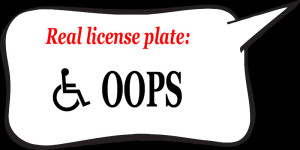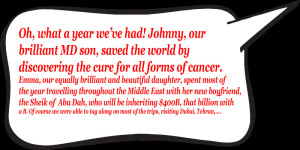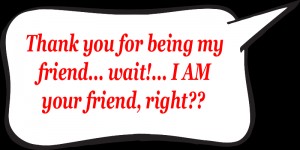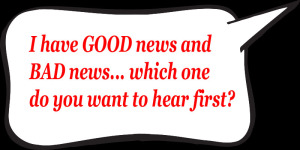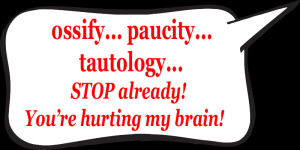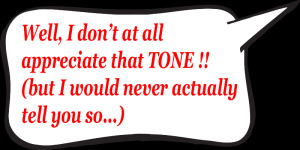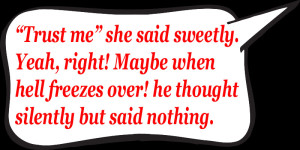 She walked into the meeting to present a fairly controversial idea. It was make or break time and she knew that key support would be crucial to not only getting the idea going but to fast tracking or derailing her career. With her hand on the doorknob, she wondered who among the familiar faces would have her back…or who would blindside her in opposition or in silence when she needed them the most?
She walked into the meeting to present a fairly controversial idea. It was make or break time and she knew that key support would be crucial to not only getting the idea going but to fast tracking or derailing her career. With her hand on the doorknob, she wondered who among the familiar faces would have her back…or who would blindside her in opposition or in silence when she needed them the most?
Trust – earned, not bought, bartered or bribed; is given willingly and voluntarily – or is withheld. It can’t be forced or mandated, but it is required for any relationship to flourish and for communication to flow smoothly. Any and all relationships – business, friendships, love interests, professional exchanges – without trust any relationship will wither and die. How can we deal with anyone we don’t trust?
Well, we actually can deal – “I really don’t trust you!” – but it’s not healthy dealing. Or comfortable. Kinda like looking over your shoulder all the time, waiting for the gotcha! Or for the proverbial other shoe to drop. Or the catch. Or Lucy to pull the football out on Charlie Brown yet again. No fun in that. And it stops being funny real quick.
So how does trust develop? There’s no magic time that has to pass, since we can develop trust almost instantly with some strangers and can know others for years and never trust them. And there’s no magic words that must be spoken that guarantees trust (and when someone says, “Trust me on this one” it’s actually makes their words suspect). But there is a magic formula – a trust building equation.
Yippee, a magic formula! And just in time, since you’re meeting with someone soon and need that magic to happen quickly, you need them to trust you, so lay that formula on me. Ready? Ok, here it is: CREDIBILITY + RELIABILITY + FAMILIARITY = TRUST
Yup, you knew it all along – ya gotta have these 3 known ingredients, and when you do, they work together in combination like a charm to build all the trust you need and want. Let’s look at how this works. The police dept is an example of an entity that wants trust, especially in the news headlines today. They have familiarity (everybody knows them) and reliability (everyone knows they are going to show up and do their job) but their credibility is missing in some communities so trust is broken.
How about in a marriage or in a best friend situation? The familiarity is there, and perhaps the credibility, but when the reliability is damaged (you can no longer count on the person) the trust relationship suffers.
You have a big potential prospect, and want to build trust quickly. You have credibility with the company you represent, and reliability with the quality of an established product, but as a new face familiarity is missing, so there’s where the work needs to happen. In a nice, not obnoxious or pesky kind of way please.
Or your new big client, who you’ve worked to gain, has familiarity with you and loves the product but somehow you know something feels wrong when you see him. Look to your credibility – does he think you’re credible as a person? If you’re losing his trust, it’s either your credibility, that he may have initially overlooked, or you’ve been ignoring him lately and so your reliability is suspect. When something is off kilter and you haven’t done anything to cause offense, the trust dial is turning down and must be inspected to figure out how to get it back up to grade.
Bottom line, every relationship needs trust to be healthy and grow. And those relationships that don’t have it will never develop. This is fine if they are not important relationships. But when they are important, and trust issues are not resolved with clear and open communication, then happiness cannot be achieved. And we all deserve happiness, not misery, in our life.
Next time the topic is: The Fraud Syndrome–are you suffering from that little voice in your head telling you that you’re just not good enough and will be caught for being a fraud?
Where’s the trust in your world? Comment on when you really needed it but didn’t have it, or happily DID!

